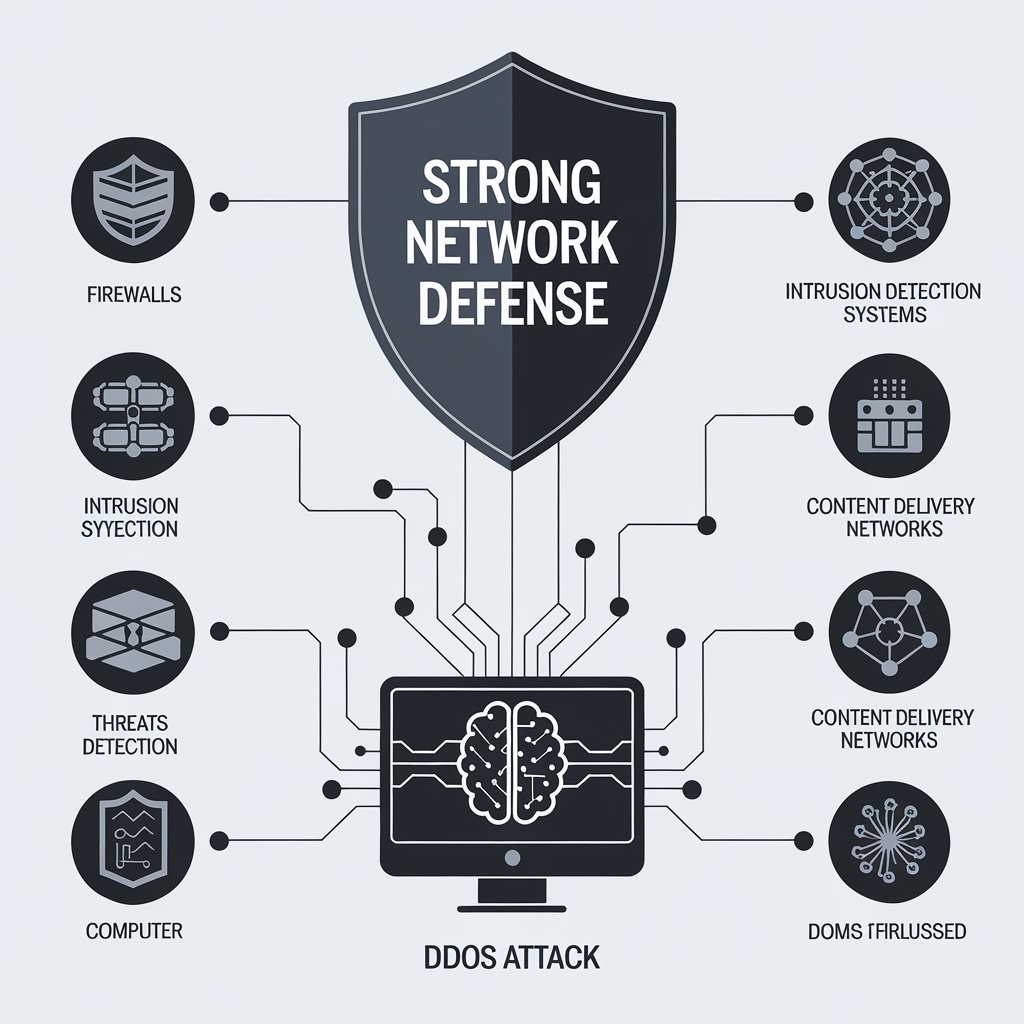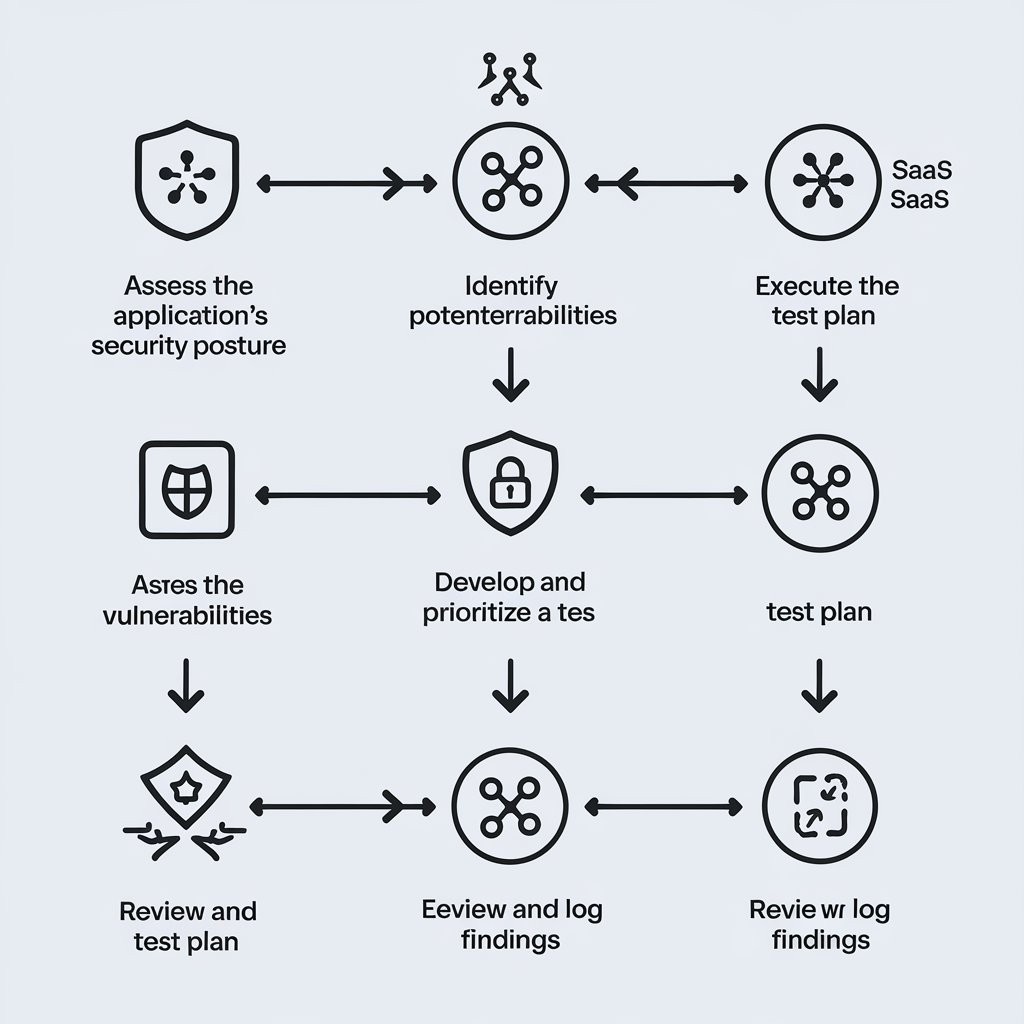The Benefits of Cybersecurity Compliance for Your Business
News & Insights
10 Min Read
The Benefits of Cybersecurity Compliance for Your Business In today’s digital landscape, cybersecurity is a top priority for organizations of all sizes. As cyber threats grow more sophisticated, ensuring that your business is protected becomes essential. One effective way to achieve this is by adhering to cybersecurity compliance standards. Cybersecurity compliance refers to the process of following industry regulations and standards designed to protect sensitive data, ensure privacy, and safeguard critical systems. While compliance can often feel like a regulatory burden, it offers several key benefits that help strengthen your business’s security, reputation, and financial stability. In this article, we’ll explore the benefits of cybersecurity compliance and why your business should prioritize it.
1. Enhanced Data Protection
One of the primary benefits of cybersecurity compliance is improved data protection. Many compliance regulations, such as GDPR (General Data Protection Regulation) and CCPA (California Consumer Privacy Act), focus on safeguarding personal and sensitive information.
How it helps: Compliance mandates that businesses adopt specific security measures to protect data from unauthorized access, loss, or theft. This includes encrypting sensitive data, using secure authentication methods, and regularly updating software to address vulnerabilities.
Impact: By adhering to these standards, businesses can significantly reduce the risk of data breaches, which can have severe consequences for both the company and its customers.
2. Reduced Risk of Financial Penalties
Failure to comply with cybersecurity regulations can result in hefty fines and legal penalties. Regulatory bodies, such as the EU and various U.S. federal and state agencies, impose significant penalties for non-compliance, which can range from thousands to millions of dollars.
How it helps: Cybersecurity compliance ensures that your business is meeting the necessary legal requirements, thereby reducing the risk of fines and legal repercussions.
Impact: Being compliant with industry regulations helps avoid costly penalties, and can also protect your business from litigation related to data breaches or privacy violations.
3. Strengthened Customer Trust
Customer trust is a cornerstone of any successful business, particularly in industries where personal or financial data is involved. Compliance with recognized cybersecurity standards shows your customers that you take their privacy and data security seriously.
How it helps: Many cybersecurity compliance frameworks, such as SOC 2, HIPAA, or ISO 27001, require businesses to implement rigorous data security and privacy measures. This demonstrates to customers that your organization is dedicated to protecting their information.
Impact: By showing your commitment to data security through compliance, you can strengthen your relationships with existing customers and attract new clients who value secure handling of their data.
4. Improved Security Posture
Adhering to cybersecurity compliance standards forces businesses to implement comprehensive security controls and continuously assess their cybersecurity practices. Many of these frameworks require regular audits, risk assessments, and vulnerability testing, which can uncover potential weaknesses in your systems before attackers exploit them.
How it helps: Compliance standards often specify security best practices, including network monitoring, intrusion detection, data encryption, and incident response planning.
Impact: By following these guidelines, your business will have a more robust cybersecurity posture, making it more resilient against attacks like ransomware, phishing, and data breaches.
5. Competitive Advantage
In a highly competitive marketplace, compliance can be a differentiator. Many businesses, particularly those in industries like healthcare, finance, and e-commerce, are increasingly being asked to prove their cybersecurity credentials to potential partners and customers.
How it helps: Achieving and maintaining cybersecurity compliance can be a strong selling point for potential clients, especially those who are particularly concerned about security. Compliance certification provides external validation that your business meets industry standards.
Impact: Businesses that are able to demonstrate cybersecurity compliance often have a competitive edge over those that do not, which can result in new business opportunities and stronger partnerships.
6. Streamlined Business Operations
Cybersecurity compliance often requires businesses to adopt structured, repeatable processes for managing data, security incidents, and risk assessments. This structure can help businesses streamline their operations and make them more efficient.
How it helps: Compliance regulations require businesses to implement regular monitoring, testing, and reporting. These actions can highlight inefficiencies or gaps in business operations, which, when addressed, can improve overall performance.
Impact: Streamlining processes not only helps improve security but can also make business operations more efficient, reducing the potential for human error and increasing the organization's overall productivity.
7. Mitigating the Risk of Cyber Attacks
As cyber threats continue to evolve, businesses must adopt proactive measures to protect their systems and data. Cybersecurity compliance often includes the implementation of advanced threat detection systems, incident response protocols, and regular security training for employees.
How it helps: Many cybersecurity regulations require businesses to implement threat management strategies such as penetration testing, vulnerability scanning, and real-time monitoring. These tools help detect and respond to attacks before they cause significant damage.
Impact: A comprehensive security program based on compliance frameworks can help prevent costly cyberattacks, including data breaches and ransomware incidents.
8. Regulatory Audits and External Validation
One of the biggest advantages of cybersecurity compliance is the ability to pass audits and undergo external validation of your security measures. This is especially important for businesses that operate in regulated industries, where proving compliance is mandatory.
How it helps: Regulatory audits are designed to verify that businesses are meeting specific cybersecurity standards. If your business can pass these audits, it demonstrates that your security practices are up to par.
Impact: Regular audits not only ensure compliance but also provide valuable insights into areas where your cybersecurity practices can be improved. External validation also builds trust with customers, investors, and regulators.

Conclusion
Cybersecurity compliance may seem like a burdensome task, but the benefits it provides are substantial. From enhancing data protection and reducing financial penalties to building customer trust and improving your security posture, the advantages of being compliant with cybersecurity regulations cannot be overstated.
By committing to cybersecurity compliance, you’re not only safeguarding your organization’s sensitive data but also positioning your business for long-term success in an increasingly digital world. Compliance isn’t just about following rules—it’s about building a strong foundation for security that benefits your customers, your business, and your bottom line. audit3aa
Join our newsletter list
Sign up to get the most recent blog articles in your email every week.








